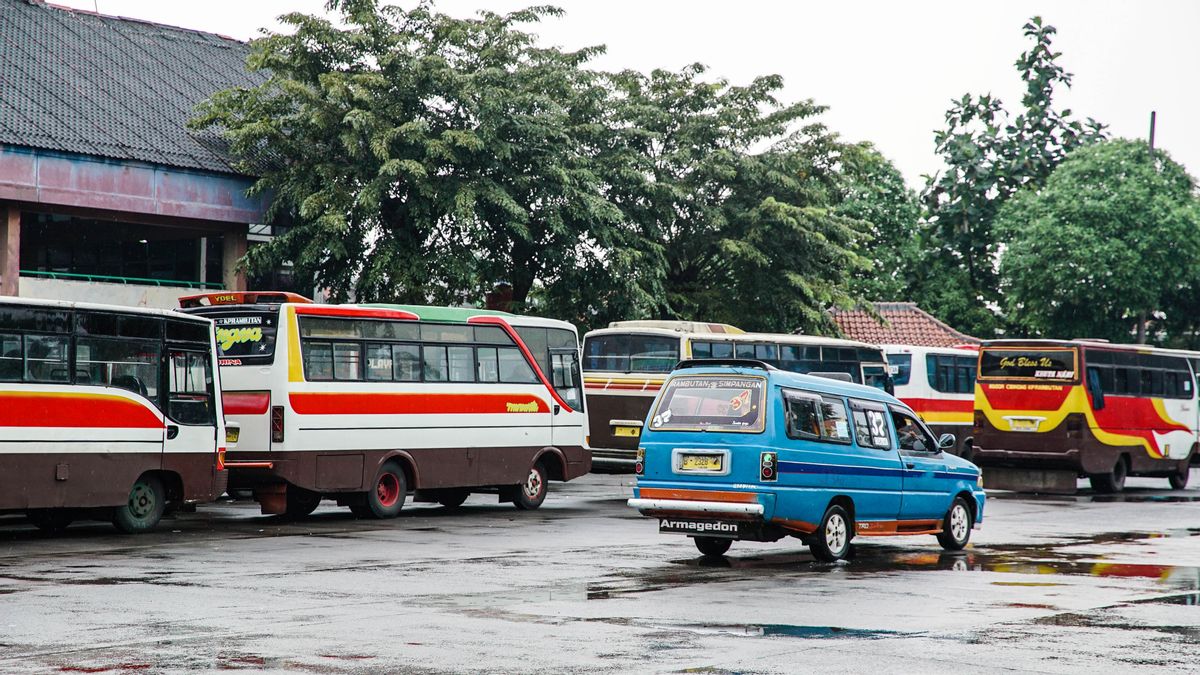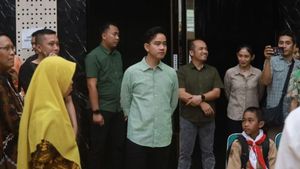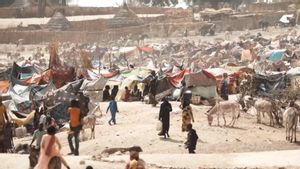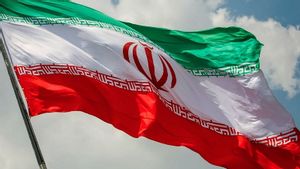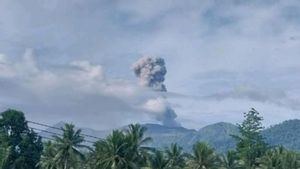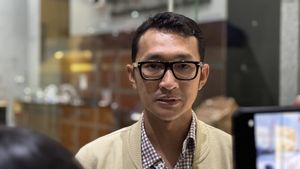JAKARTA - The Ministry of Transportation has relaxed restrictions on passengers, capacity and land transportation towards a new normal period. This is stated in the Regulation of the Minister of Transportation (Permenhub) Number 41 of 2020 concerning Transportation Control in the Context of Preventing the Spread of COVID-19.
Transportation that is regulated to be gradually relaxed involves interstate, intercity, inter-provincial, intercity within the province, urban transportation, including tourism buses, employees, taxis, special leases, public leases, and goods vehicles.
Director General of Land Transportation Budi Setiyadi explained, there are three phases of changes to land transportation restrictions, starting today until August. After that, there will be an evaluation of land transportation arrangements during the new normal period.
"The first phase starts from 9 to 30 June, the second phase starts from 1 July to 31 July, and the third phase is from 1 August to 31 August," Budi said in an online teleconference with journalists, Tuesday, June 9.
First phaseIn the first phase, the Ministry of Transportation only opened 1 type A terminal within 1 adjacent area. Type A passenger terminal is a terminal that serves public passenger vehicles for intercity and inter-province transportation (AKAP), and cross-border transportation between countries, intercity transportation in propination (AKDP), city transportation (AK) and rural transportation (ADES).
"We only operate 1 certain terminal of type A for 1 month, until June 30," said Budi.
In the first phase there were still route restrictions. Not all bus vehicles can be operated, only certain vehicles. The bus capacity was also increased from the previous limitation, from 50 percent to 70 percent.
"We open 70 percent capacity provided that we do not recommend a tariff increase for premium vehicles. Because, with a load of 70 percent it is already being calculated," he said.
Meanwhile, four-wheeled individual vehicles is still limited to 50 percent. If the seats in the car are 5 people, it can only be filled by 3 people. Then, a 7 person seat can only be filled with 4 people.
Second phaseIn the second phase, the Ministry of Transportation opened all type A terminal vehicles throughout Indonesia. However, this opening is only in the orange, yellow, and green category zone. In the red zone there are still restrictions.
"In the second phase, we will expand the routes owned by operators to open certain routes," said Budi.
Meanwhile, in the second phase, the passenger capacity of buses and private vehicles will be increased to 75 percent.
Third phaseIn the third phase, the bus passenger capacity will be expanded to 85 percent. Then, the capacity of private four-wheeled vehicles remains 75 percent. Meanwhile, private two-wheeled vehicles are still limited to not carrying passengers, except family members.
"Meanwhile, for individual vehicles, if it contains one family or one house, in all phases there are no restrictions," he said.
In addition, bus operators can only purchase passenger tickets inside the terminal and online, not outside terminals such as shadow terminals.
Passengers of public transport and private vehicles, operators of transportation facilities and infrastructure are obliged to implement health protocols, impose restrictions on the number of passengers from the number of seats capacity and implement distance guard; starting from travel preparation, during the trip, and the time of arrival or arrival.
Meanwhile, the requirements that must be met by individuals to be able to travel are that they must show their KTP or other valid ID, show a PCR test certificate with negative results that is valid for 7 days or a certificate of rapid test with non-reactive results that is valid for 3 days on time of departure.
If an area does not have an examination facility, the passenger shall arrange for an influenza symptom-free certificate issued by a hospital doctor or puskesmas.
With a note, all domestic travel requirements are exempted for commuting trips and people traveling within agglomeration areas / areas.
"Supervision of land transportation control will be carried out by the police, BPJT, land transportation centers of each region, and the Department of Transportation. For sanctions, violations are subject to administrative to criminal sanctions," Budi concluded.
The English, Chinese, Japanese, Arabic, and French versions are automatically generated by the AI. So there may still be inaccuracies in translating, please always see Indonesian as our main language. (system supported by DigitalSiber.id)
